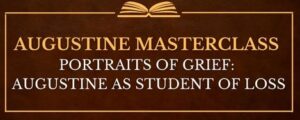January 30, 2026
Canadian Society of Patristic Studies Call for Papers
The 51th Annual Meeting of the Canadian Society of Patristic Studies will take place from May 26-28, 2026, at St. Augustine's Seminary on the University of Toronto, Ontario. Registration information to follow in early 2026.
We invite papers on any theme relevant to the study of late antiquity, patristic studies, or the study of Christianity between the second and seventh centuries CE. Papers are presented in English or French. The time allotted for presentation is 20-25 minutes, with discussion to follow. The proposed title, an abstract of approximately 100 words, and an indication of audio-visual and accessibility requirements should be emailed to the dedicated conference email address (cspsacep2026@gmail.com) by 31 January, 2026. Please indicate in your email whether you plan to attend virtually or in person.
November 25, 2025
New City Press: Black Friday/Cyber Monday Sale
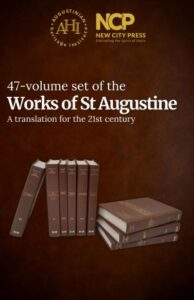 New City Press Black Friday/Cyber Monday Promotion Details
New City Press Black Friday/Cyber Monday Promotion DetailsAugust 12, 2025
“Augustine the African Book Event 9/12: Villanova Hosts Catherine Conybeare
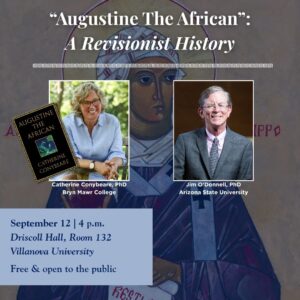 Augustine of Hippo (354-430) remains one of history’s most influential theologians. His writings, including the autobiographical Confessions, helped shape the foundations of Christianity and Western philosophy.
Augustine of Hippo (354-430) remains one of history’s most influential theologians. His writings, including the autobiographical Confessions, helped shape the foundations of Christianity and Western philosophy.
Yet while his ideas stand the test of time, key aspects of his life – including his North African birth and Berber heritage – have gone unexamined for centuries. In her new book Augustine the African, historian Catherine Conybeare, PhD, Bryn Mawr College, uses surviving letters and other evidence to retrace Augustine’s roots, painting a groundbreaking portrait of the wandering saint’s ethnic identity.
Dr. Conybeare and fellow historian and classicist James O’Donnell, PhD, Arizona State University, will discuss this latest work.
Presented by Villanova University’s Augustinian Institute and co-sponsored by the Lepage Center, this will be a live, in-person discussion at 4:00 p.m. on Friday, September 12th in Room 132 of Driscoll Hall at Villanova University.
July 21, 2025
Villanova University Awarded 2025 Educating Character Initiative Institutional Impact Grant
July 10, 2025
New City Press: The Augustine Sampler Sale
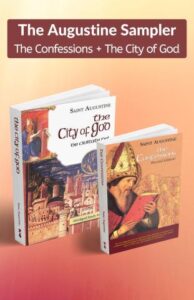 having a 30% off sale on The Augustine Sampler (The Confessions + The City of God).
having a 30% off sale on The Augustine Sampler (The Confessions + The City of God).May 28, 2025
Augustine Lecture Series with Fr. Robert Dodaro Fall 2025

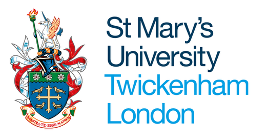
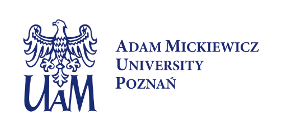


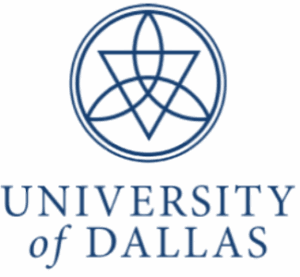
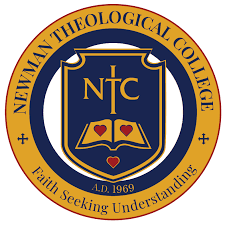
Join us for a public online (Zoom) lecture!
The City of God
A Contemporary Reading of Augustine's Political Vision
with
Rev. Dr. Robert Dodaro, OSA
Visiting Professor of Theology, Newman Theological College
Sept. –Dec. 2025, Tuesdays 8:30 A
M – 11:25 AM (Edmonton Time)
REGISTER FREE OF CHARGE HERE: https://forms.gle/qb6yrWzuNhduuNTD7 or EMAIL pablo.irizar@newman.edu

Lecture Series Schedule
Sept 9 – Introduction to Saint Augustine
Sept 16 – Political Leadership
Sept 23 – Fear of Death and National Security
Oct 7 – Christianity and the Just Society
Oct 14 – The City of God and the Earthly City
Oct 21 – Church and State
Oct 28 – Public Confession and Statecraft
Nov 4 – Heroism in Society
Nov 18 – Christ and Justice
Nov 25 – Saints and Sinners
CONVENERS
Pablo Irizar (Vice President & Academic Dean, Newman Theological College) ˑ Anthony Dupont (Augustine Chair & Research Professor of Christian Antiquity, KU Leuven) ˑ Harry Schnitker (Senior Lecturer in Church History at St. Mary’s University, PhD program director at Maryvale Institute) ˑ Mateusz Stróżyński (Director & Professor of Classics at the Institute of Classical Philosophy, UAM) ˑ Paul Camacho (Associate Director at the Augustinian Institute & Professor of Philosophy, Villanova University) ˑ Richard Dougherty (Dean of Braniff Graduate School & Professor of Politics, University of Dallas) Edmund Stewart (Associate Professor of Ancient Greek History & Collaborator of Tyrannica at the Centre for Spartan and Peloponnesian Studies, University of Nottingham)
May 12, 2025
New City Press Flash Sale on Augustine’s Sermons
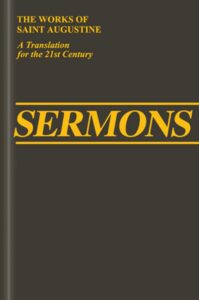 on all Augustine’s sermons! Happening now until May 19.
on all Augustine’s sermons! Happening now until May 19.April 16, 2025
Augustine Masterclass | “Portraits of Grief: Augustine as Student of Loss”
- Date: Wednesday, May 14, 2025
- Time: 1:00 PM EST (90 minutes)
- Format: Introductory remarks, passage commentary, live Q&A
- Panelists: James K. A. Smith, Paul Camacho, Colleen Mitchell, Allan Fitzgerald, O.S.A., James Wetzel, and Jessie Pagan
To learn more about the webinar and register, visit this link.
April 8, 2025
Focolare 30% Off Sale on The Works of Saint Augustine
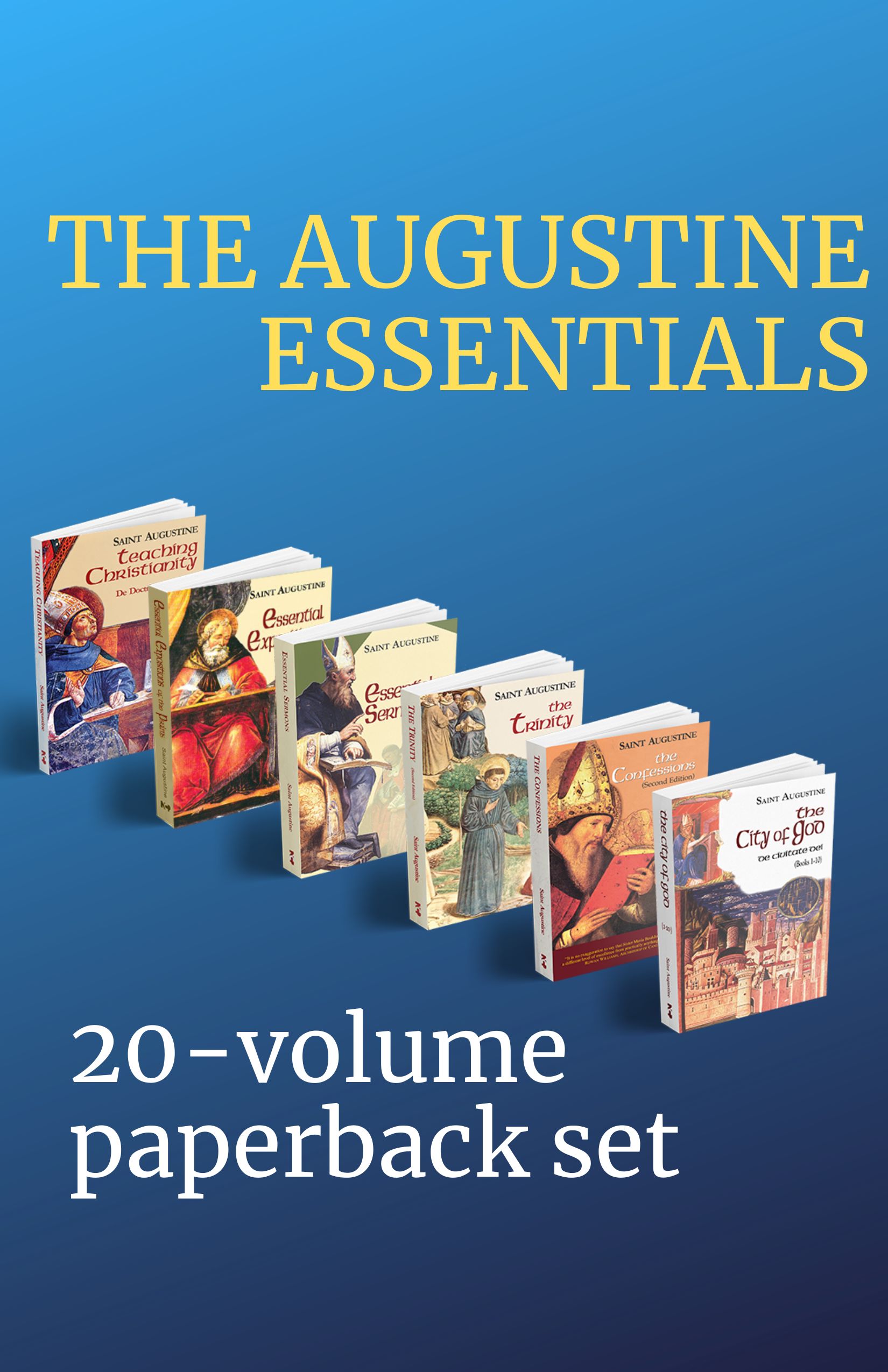
September 9, 2024
New Princeton Seminar Series: Thinking Politically with Augustine
The Princeton Seminar Series Thinking Politically with Augustine turns to the past to explore the perspectives of Augustine (354-430 C.E.), a revered and intellectual predecessor in the faith. Through the lens of this prolific author, seminar participants will gain refreshed insights into citizenship, political humility, and the Christian journey as a pilgrimage. Over four sessions, we will closely read and critically discuss excerpts from City of God, a selection of sermons and letters, and a piece of contemporary Augustine scholarship.
Anyone who is theologically curious - whether you are a Christian lay leader, pastor, retired pastor, or someone of little to no religious affiliation - is invited to enroll. All are welcome! We anticipate meaningful interfaith encounters and engagement across the spectrum of spiritual commitment.
For further details about the seminar and how to enroll, see the website here.
